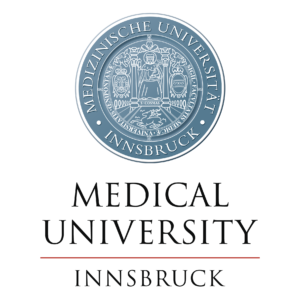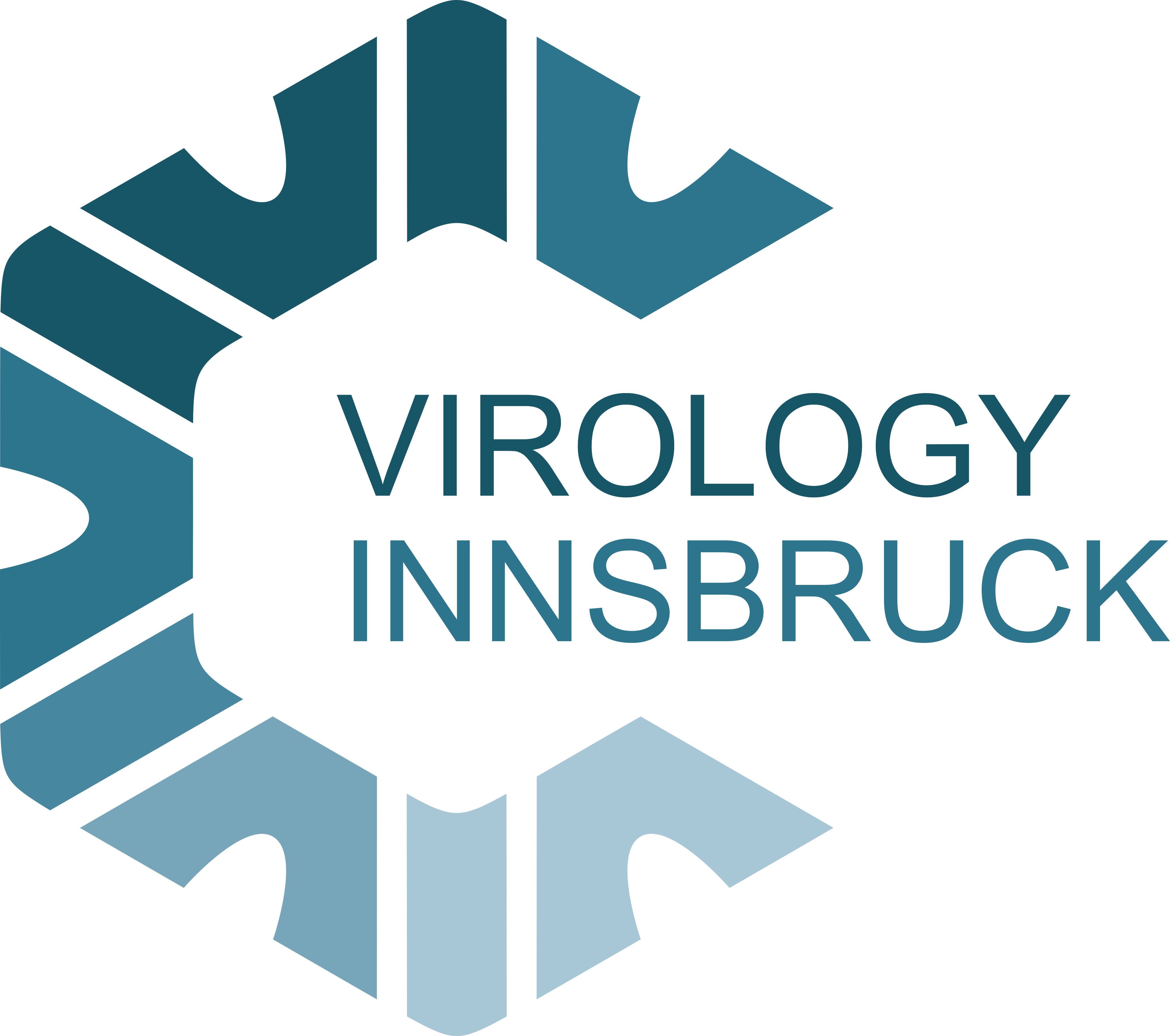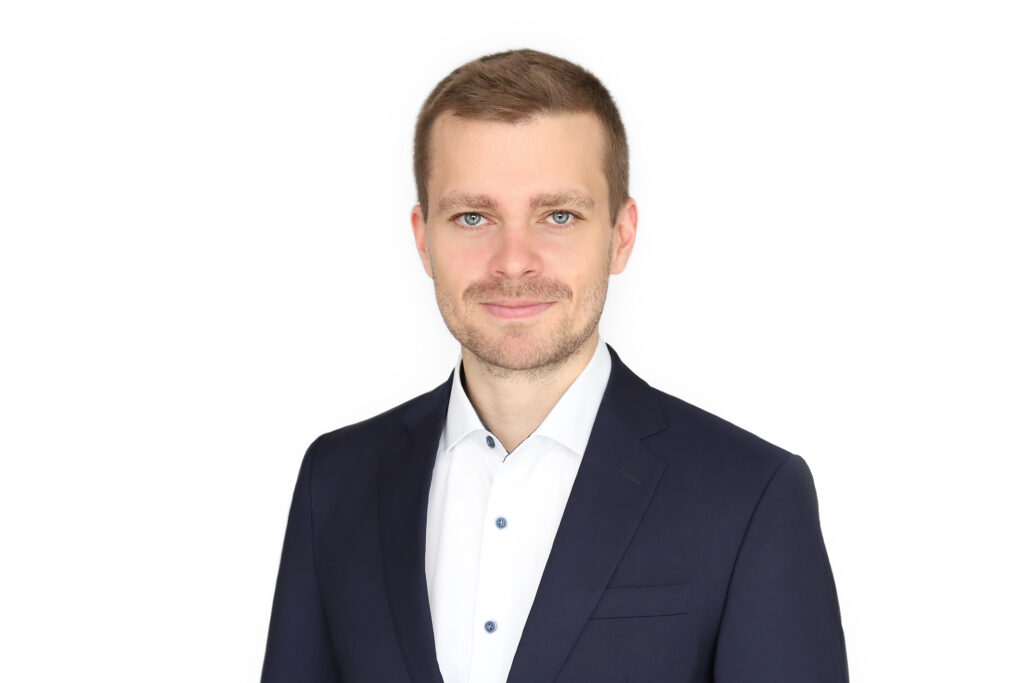07.08.2025 | Guest Lecture: Prof. Dr.med. Maximilian Lenz
Prof. Dr.med. Maximilian Lenz from the Institute of Neuroanatomy and Cell Biology at Hannover Medical School, Germany, will hold a guest lecture at the IVI on the topic of
“VEEV-induced neuronal dysfunction – a collaborative approach“.
The lecture will take place on Thursday, 7th of August at 10am in the Seminar room Virology, Schöpfstraße 41.
We are delighted to have him as a guest and cordially invite anyone interested to join the lecture and subsequent discussion.
Short Bio
Maximilian Lenz is a medical doctor and neuroanatomist who has been serving as Director and Full Professor (W3) at the Institute of Neuroanatomy and Cell Biology at Hannover Medical School since 2023. He is a leading expert in synaptic plasticity, neuroinflammation, and neuromodulation, with particular focus on adaptive reactions in the nervous system and their modulation by physiological and pathological events.
Lenz completed his medical studies at Johann Wolfgang Goethe University Frankfurt/Main from 2008-2015, where he also earned his medical doctorate in 2017 with a dissertation on “Influence of repetitive magnetic stimulation on excitatory and inhibitory synapses of principal neurons in organotypic entorhino-hippocampal slice cultures of mice” under the supervision of Prof. Dr. A. Vlachos. During his medical studies, he was awarded a prestigious scholarship from the German National Academic Foundation (Studienstiftung des deutschen Volkes) from 2010-2015. In 2015, he gained international research experience as a visiting student at Chaim Sheba Medical Center in Tel HaShomer, Israel.
His academic career progressed rapidly, starting as a research associate at Heinrich Heine University Düsseldorf (2016-2017), followed by a position as group leader at the Institute of Anatomy and Cell Biology, Department of Neuroanatomy, at Albert Ludwig University Freiburg (2017-2023). In 2022, he completed his Habilitation and received Venia Legendi in Anatomy from Albert Ludwig University Freiburg, and was also appointed as a Visiting Instructor in the Department of Neurosurgery at Stanford University (2022-2023).
Lenz’s research focuses on synaptic plasticity, neuroinflammation, neurodegeneration, and neuromodulation, with over 49 publications and more than 1,300 citations. His work encompasses the development of translational neuroscientific approaches with therapeutic relevance, particularly in the areas of neurosensor technology, neuroinflammation and infection, and lesion-mediated network reorganization. His notable research includes groundbreaking work on the effects of all-trans retinoic acid on synaptic plasticity in both mouse and human cortical neurons, published in eLife, and investigations into how repetitive magnetic stimulation influences synaptic plasticity and microglial responses.
His current research at Hannover Medical School addresses critical questions about brain plasticity in health and disease, including how aging and medical treatments affect neuronal structure and function in the adult human brain. This work has direct implications for understanding cognitive decline and developing therapeutic strategies for neurological conditions.
Lenz has received numerous academic distinctions, including the Young Investigator Award (2014) and Nachwuchspreis (2016) from the Anatomische Gesellschaft, the Dr. Walter und Luise Freundlich Stiftung Thesis Award (2018), and FENS-IBRO/PERC Travel Grant. He currently serves in multiple leadership roles, including as Senator of Hannover Medical School (2025-2027), Section Coordinator for “Brain Plasticity” at the Center for Systems Neuroscience, and as an elected member of the Committee for Public Relations and Communication of the Anatomische Gesellschaft.
The focus of his upcoming lecture on VEEV-induced neuronal dysfunction aligns with his expertise in neuroinflammation and neurodegeneration, as Venezuelan Equine Encephalitis Virus is known to cause significant neuronal cell death, active gliosis, and intense inflammatory responses in the brain, leading to encephalitis with potential long-term neurological sequelae.



